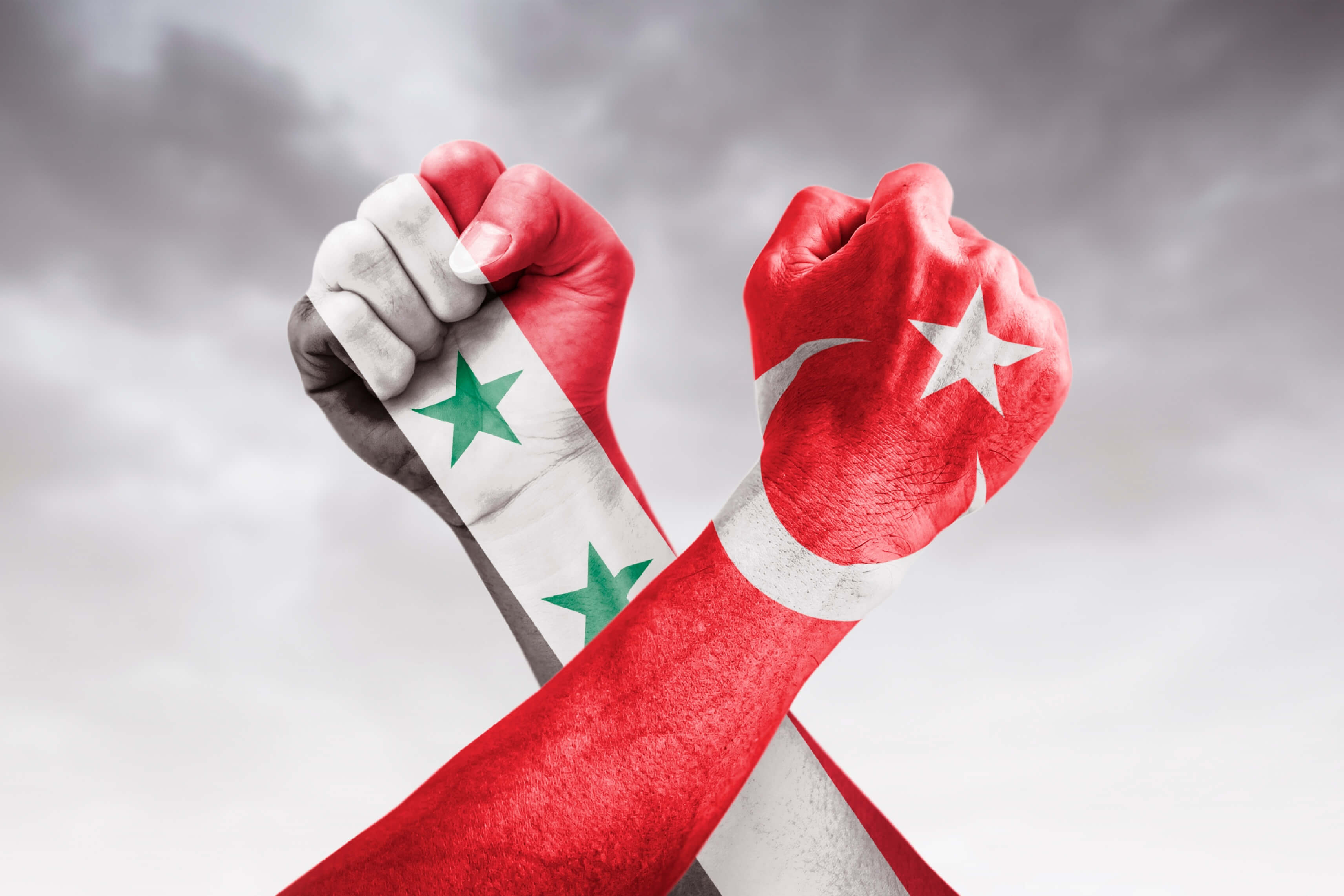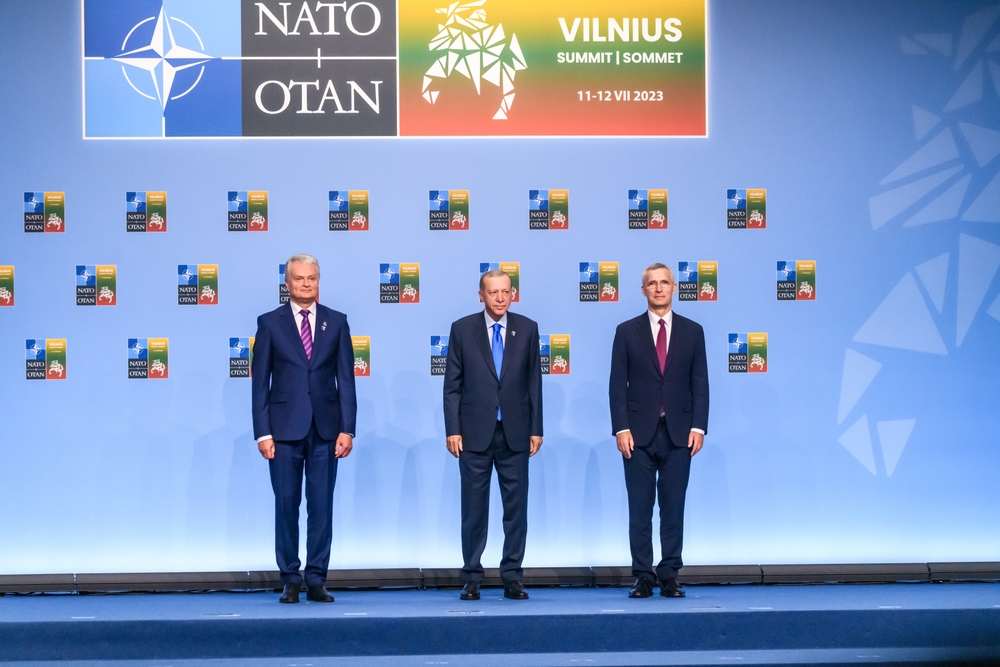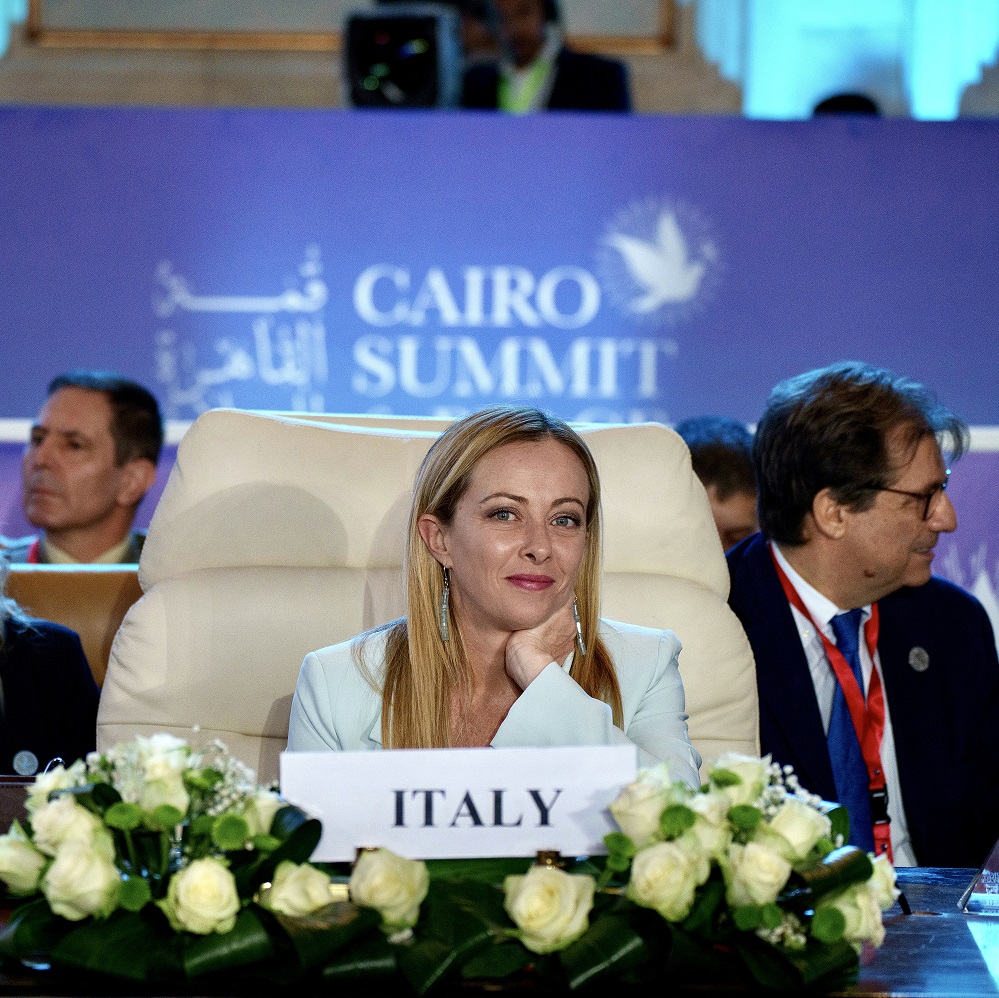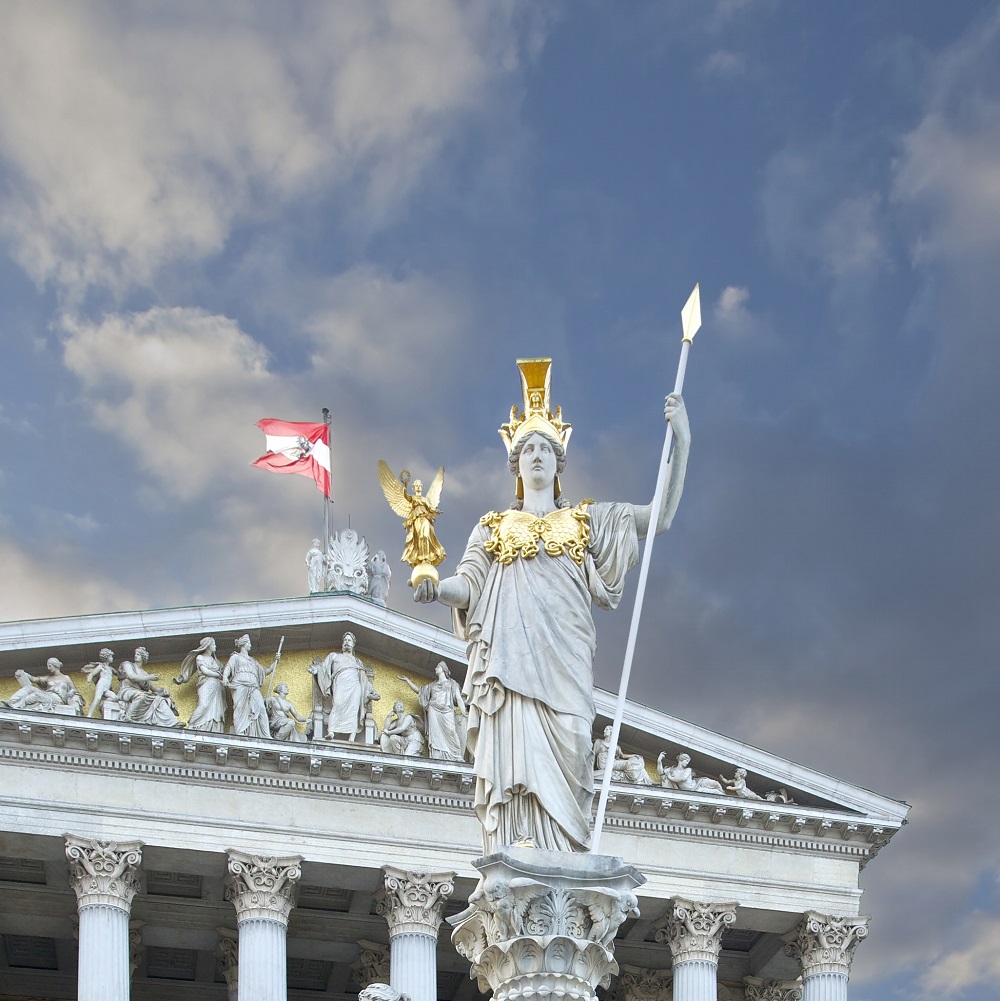
War or Peace? Turkish Moves in Syria
by Gallia Lindenstrauss , Carmit Valensi
With the outbreak of the civil war in Syria, the close ties between President Assad and his Turkish counterpart, Erdogan, were severed. Recently, more than a decade later, there have been increasing statements on reconciliation coming from Ankara – albeit coinciding with threats of a new military campaign. The Turkish President must thus choose – normalization or escalation. Recent increased attacks on Kurdish targets in northern Syria by Turkey and the Syrian rebel groups its supports raise the question whether Turkey’s President Recep Tayyip Erdogan intends to carry out his threat of May 2022 to begin another major ground operation against the Kurds. On the other hand, conciliatory statements regarding the Assad regime have been sounded recently in Turkey, and there has been discussion of the possibility of normalizing relations between the two countries after over a decade of hostility and competition. These two processes appear to be contradictory, given that the Syrian regime opposes existing Turkish control of Syrian territories, and does not wish to see this control broadened. On the other hand, this may be a calculated Turkish move that aims to show the Turkish public a concerted multi-faceted effort to confront both the Kurdish underground and the issue of Syrian refugees in Turkey. Discussion of events in northern Syria and the web of Syrian and Turkish interests can be used to assess the question, which trend will prevail in Turkish-Syrian relations: normalization or escalation? In mid-August 2022 widescale protests erupted in dozens of towns controlled by the Syrian opposition in the Idlib and Aleppo provinces in northwest Syria. The demonstrations featured the slogan of “We won’t reconcile,” in response to the surprising statement by the Turkish Foreign Minister on August 11: “We need to bring the opposition and regime together for reconciliation somehow, or there will be no permanent peace otherwise.” The Foreign Minister also announced that he had met his Syrian counterpart on the sidelines of the Non-Aligned Movement summit in Belgrade in October 2021. Residents of the north were outraged at the statement, criticized Turkey harshly, and accused it of seeking “public normalization” with the Syrian regime. Indeed, on August 19 Erdogan even stated that “Turkey will need to take ‘higher steps’ with Damascus to end the ‘games’ being played in the region.” The antagonism generated by the Turkish statements should be seen in light of the history of Turkish involvement in Syria. A few months after the outbreak of the civil war in Syria in 2011, when it became clear that Syrian President Bashar al-Assad did not intend to implement significant reforms, Turkey became one of the harshest critics of his regime. More than once Erdogan called him a murderer and called on him to resign. From the perspective of the rebels in Syria, peace between Turkey and Syria is tantamount to betrayal. Over the years, Turkey has supported and assisted various Sunni opposition organizations with funding, logistics, and arms. At the same time, Ankara viewed with concern the strengthening of the Kurds and the expansion of the territory run by them in northern Syria, resulting in part from their persistent and successful campaign against ISIS. Ankara was especially unhappy with the dominance of the Syrian branch of the Kurdish underground in the area, and feared the creation of contiguous Kurdish control along the Turkish-Syrian border. To forestall this situation, Turkey embarked on three military operations in 2016-2019, which led to Turkish control of several areas in northern Syria. In February 2020, in the wake of attacks by Syrian forces on Turkish army positions in which 34 Turkish soldiers were killed, Ankara embarked on Operation Spring Shield in the Idlib enclave. In March, a ceasefire agreement was signed between Turkey and Russia in Idlib; the agreement included the creation of a secure corridor around the M4 highway, and joint patrols by Russian and Turkish forces. Some 8,000 soldiers from the Turkish military remain in the region and lend military and logistical backing to the organizations operating there, primarily the Syrian National Army (formerly the Free Syrian Army) and the Salafi jihadist organization Hay'at Tahrir al-Sham. The presence of Syrian refugees in Turkey is a highly-charged issue, both politically and economically. A significant majority of Turks do not want Syrian refugees to remain in the country, and this occasionally leads to acts of violence against refugees and expressions of racism. Today 3.7 million Syrian refugees who arrived in the wake of the civil war live in Turkey; most live outside refugee camps. As of March 2022, according to the Turkish Interior Minister, Turkey granted citizenship to 200,000 Syrians who entered its territory, while some 500,000 Syrians “voluntarily returned” to Turkey’s controlled territories in northern Syria. In May 2022 Erdogan declared that the Turkish government was formulating plans to resettle approximately one million Syrian refugees in Syrian territory. Turkey is interested in aid from external parties to help fund the building of residential complexes for refugees, and claims that areas under its control in northern Syria are safe enough for them. Over the last few years processes of Turkification have been underway in these territories, and Turkish influence and presence in the Idlib enclave has also expanded. Turkey invested in improved transportation links to the border crossings between the two countries and connected some of the electrical grids in northern Syria to the Turkish grid; Turkish cellular providers operate in these areas; Turkey set up more than ten Turkish postal offices in northern Syria; it pays public employees in the regions under its control in Turkish currency; and the Turkish lira is the primary currency in northern Syria. The Turkish language is taught in schools in these regions and cultural centers for teaching the Turkish language to adults were also opened. Clerics assigned by the Turkish Directorate of Religious Affairs, the Diyanet, are stationed in mosques that Turkey opened or refurbished. In Idlib, Turkish influence is more limited than in regions under Turkish control in the north, but it is increasing there as well. In addition to military and logistical support for rebel groups, Turkey’s penetration of everyday life is apparent. For example, since 2018, Turkey began to play a more prominent role in the local economy and use of the Turkish lira became common. Turkey offered jobs and led development projects for rebuilding infrastructure, including dams, electric facilities, and roads. Over the past year Turkey has worked on building residential complexes for displaced people living in temporary camps in Idlib. Non-governmental Turkish organizations are also working on development in the province, including projects in housing, energy, culture, and finance. Normalizing Relations: Interests and Obstacles Turkey’s recent conciliatory tone and references to normalizing relations with Syria, while representing a 180-degree turn for Turkish foreign policy, may serve Erdogan in two main ways. First, they are perceived as active steps in managing the refugee problem and a first stage in sending refugees back to Syria. In addition, dialogue with Assad is seen as necessary in light of Russian pressure in this context, as expressed in recent meetings between Erdogan and Russian President Vladimir Putin, as part of broad negotiations between Ankara and Moscow. In light of the pattern of Turkification, it seems that the likelihood of Ankara withdrawing from the Syrian territories is low. At the same time Russian, Iranian, and American opposition to another Turkish broad-scale ground operation in Syria, as well as growing connections between the Kurds and the Assad regime in order to prevent such an operation, make it difficult for Turkey launch an operation on the scale that it would prefer. On the other hand, a limited military operation will only result in a slight boost to Erdogan’s popularity in Turkish public opinion. In parallel, over the past two years the Syrian regime has sought to rebuild its regional status and return to the heart of the Arab world. In this context, Syria normalized its relations with the United Arab Emirates, Bahrain, Jordan, and Egypt. Recent calls have also been heard to readmit Syria into the Arab League, from which it was expelled early in the civil war. Normalizing relations with Turkey may be part of this trend, and no less important, may lead to cessation or reduction of Turkish support for rebels and thus allow Assad to deal a crushing blow to the remaining opposition to his regime. However, reconciliation between the Assad regime and Ankara may be perceived as relinquishing Syrian territory and legitimizing Turkey’s presence there; Assad would like to regain sovereignty in all Syrian territory. The Syrian Foreign Minister declared that the country has not set preconditions, but normalization with Turkey will be achieved only when Ankara meets three demands: withdrawal from Syrian territory; an end to support for opposition organizations; and non-intervention in internal Syrian affairs. An additional impediment is the need to formulate an “Adana II Agreement.” In 1998, after Syria expelled the Kurdish underground leader from its territory, Syria and Turkey signed the Adana Agreement stating that Syria would declare the Kurdish underground a terror organization and not allow it to operate on Syrian territory. Annex IV of the agreement even stipulates that if Syria does not fulfill its commitments, Turkey may enter up to five kilometers into Syrian territory to operate against Kurdish underground activists. In order to rebuild the trust between the two states now, there must be either a new agreement between them, or at least a clarification that Syria remains committed to the Adana Agreement. It is doubtful, however, whether the Assad regime will be committed to this goal and whether it will be able to provide the security assurances demanded by Ankara. For the Syrian rebels in the north, Ankara’s reversal is a major blow to their standing, given that they had seen Turkey as a major ally and source of military and logistical support. In practice the Turkish presence is the major obstacle to attempts by the regime, with Russian and Iranian backing, to renew its control of the Idlib province. The population of the region has not given up on the values of the Syrian revolution and its principal aim of bringing down the Assad regime. Residents of northwestern Syria also fear that a political process will be imposed on them that does not address their needs. But the rebels do not have the means to convince Turkey not to change its policy, other than presenting scenarios of chaos in the event of an escalation in Idlib and the arrival of another million refugees to Turkish soil. In conclusion, the path to normalization between Turkey and Syria will not be smooth, but Erdogan and Assad may both gain from initial steps in this direction. Erdogan can present even a limited compromise, while taking strong military steps against the Kurdish underground in northern Iraq and northern Syria, as a signal to the Turkish public that he is doing what is necessary to deal with both Kurdish terror and the refugee problem. On the Syrian side, Assad can gain from normalization with Turkey as part of his efforts to reestablish Syria’s regional status, and as a means of distancing Turkey from the rebel organizations and neutralizing the most significant remaining pocket of resistance in the country.











